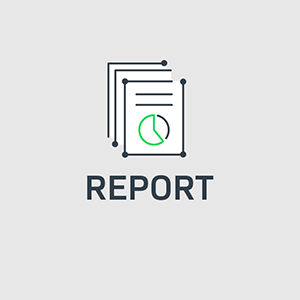Not all unlicensed users are alike. Sure, there are the software pirates you picture in your mind – students, anarchists, etc., but as a pirated version of software becomes more readily available it can begin to leak its way into more legitimate looking sites. This can cause non-typical unpaid use. Today we will discuss the three different types of software pirates.
- Legally-inclined – these users are truly victims of piracy. They believe they are using a legitimate copy of the software and they are using it properly. As I discussed in a recent blog post, “The Accidental Software Pirate” there are many different ways this can happen. A user could think he is buying a piece of software from a legitimate site, without realizing the copy purchased is actually counterfeit. A user could also have purchased a legitimate piece of software, but not understood the scope of his license agreement and installed it on too many machines. These users have the willingness and ability to pay for the software once they are notified. They thought they were using the legitimate software correctly and will gladly rectify the situation when educated.
- Opportunistic – These users are looking for a deal. They are bargain shoppers who may have found a discounted version of the software and decided to take a chance, knowing it could possibly be counterfeit, but figuring they were OK because they did pay someone. They are trying to purchase a legitimate version of the software, but they are willing to take some risk in order to get a good deal. They may look for used software or deals on Craigslist or Ebay, which many times can be counterfeit software. They may take a little bit longer to convert then legally-inclined users, but are worthwhile to target with a conversion program.
- Pirate-Inclined – These users are aware that they are using a pirated version of the software and have no intention of being legitimate. The probability of converting this type of user from unpaid to paid is very low. Software companies should focus on preventing this user from accessing the software as opposed to converting them to a legitimate customer.
Based on consumer research and experience from Microsoft and Disney, in mature markets, the legally-inclined and opportunistic groups make up more than 80% on the unpaid users and have high conversion potential. In the US and UK alone, this amounts to more than 40 million users that have high potential to be converted to a paying, loyal customer.
Being able to distinguish which group your unpaid user is in is key to a successful revenue conversion program.


